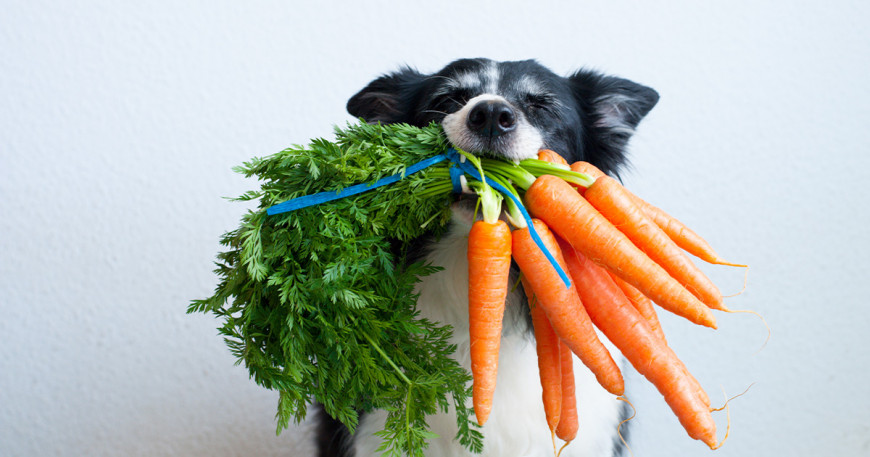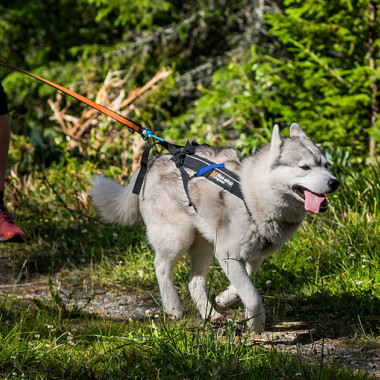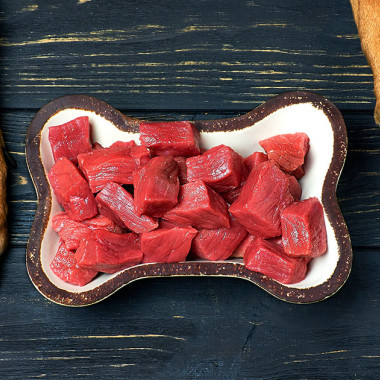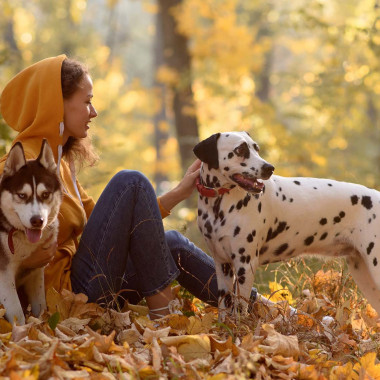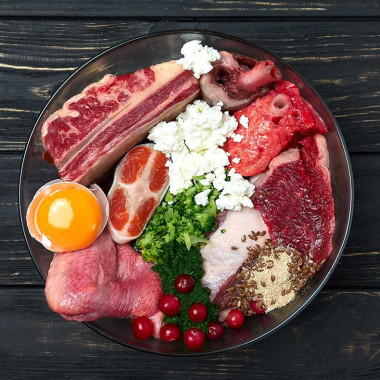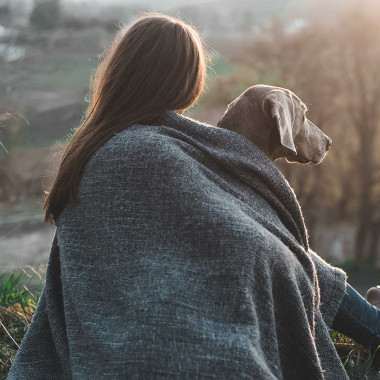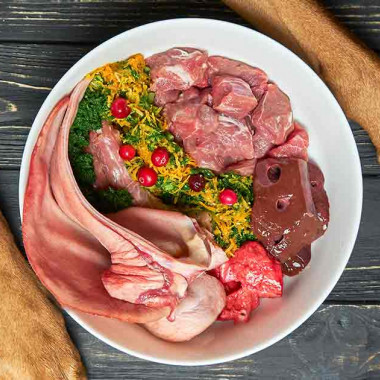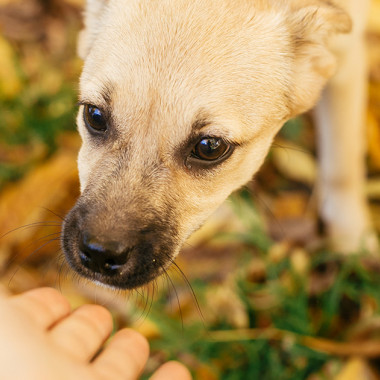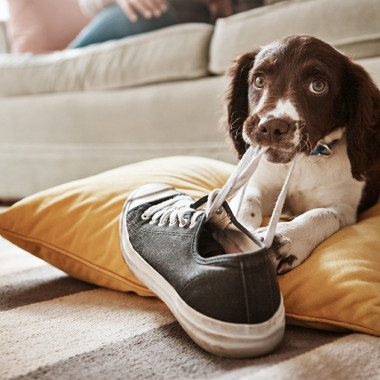Vegetables are an essential part of a dog's BARF diet. They contain fiber, vitamins, minerals, and other nutrients beneficial to health. Among the vegetables that should not be missing from a dog's diet is the carrot.
Carrots - A Super Vegetable for Dogs
Carrots are a root vegetable containing a large amount of vitamins A, K, C, and also B vitamins. They also contain calcium, sodium, magnesium, iron, and other trace elements.
Carrots can be given to dogs from their first solid foods as puppies. Always serve them grated, pureed, or chopped into small pieces and frozen to make them more digestible. It is also important to add oils, such as flaxseed oil, olive oil, or salmon oil, to the meal with carrots so that the fat-soluble vitamins are properly utilized.
Some dogs enjoy crunching on whole carrots, which is fine. It entertains the dog and also helps clean dental plaque. However, larger pieces of vegetables are harder for dogs to digest, so they won't get all the nutrients from them. Therefore, alongside these crunchy treats, it is important to include prepared vegetables (grated, mixed, frozen, steamed) in their diet.
Carrots for Constipation and Diarrhea
It may seem paradoxical, but it's true. Carrots effectively help with both constipation and diarrhea.
The reason is that carrots are rich in both soluble and insoluble fiber. Insoluble fiber does not dissolve in water but absorbs it, softening the stool in the intestines. This helps with bowel movements in dogs suffering from constipation.
Soluble fiber dissolves in water and forms a gel that improves digestion and prevents diarrhea.
How to Properly Serve Carrots to Dogs:
For constipation: Grate or puree raw carrots finely and add them to the meat portion of the meal. Temporarily reduce the amount of bones in the meal, as excessive bone intake can cause constipation. Don't forget to add oil.
For diarrhea: Cook and mash the carrots and serve them with overcooked rice in small portions several times a day. Once the diarrhea begins to subside, you can add some cooked lean meat to the carrots and rice. When the diarrhea is completely gone, you can gradually reintroduce raw meat and the dog's usual diet.
Beware of Unwanted Fur Discoloration
You may have heard that excessive consumption of carrots can lead to orange skin or urine. This is due to the high beta-carotene content (which converts to vitamin A in the body), causing such discoloration. This applies not only to humans but also to dogs.
It is most noticeable in dogs with white fur. Consuming large amounts of carrots or other foods high in vitamin A (like liver) can cause:
Orange-brown discharge from the eyes (brownish fur around the eyes)
Rusty spots on the body
Brownish fur around the genital and anal areas
This doesn't mean that white dogs should avoid carrots altogether, but they should consume them in moderation to prevent unwanted fur discoloration.
Dogs with white or light fur can be given white root vegetables instead, such as parsnips, parsley root, or white beet.
What to Do If Your Dog Doesn’t Like Carrots?
Dogs, like humans, have their own taste preferences. Some won't eat fish, others refuse all vegetables, and some are willing to eat only certain types of vegetables.
If your dog doesn't like carrots or another specific vegetable, you have two options:
Try to disguise the disliked vegetable by grating or pureeing it and mixing it into ground meat. You can also add another ingredient the dog likes (ideally something with a strong flavor), such as apple, pear, cucumber, etc.
If such disguising doesn't work, simply exclude the disliked vegetable from the diet and give your dog what he likes that also provides similar nutrients.
Variety is important in the BARF diet, and leaving out one or two types of vegetables or fruits is not a problem. Even picky dogs can find something they like in the BARF diet and thrive.
